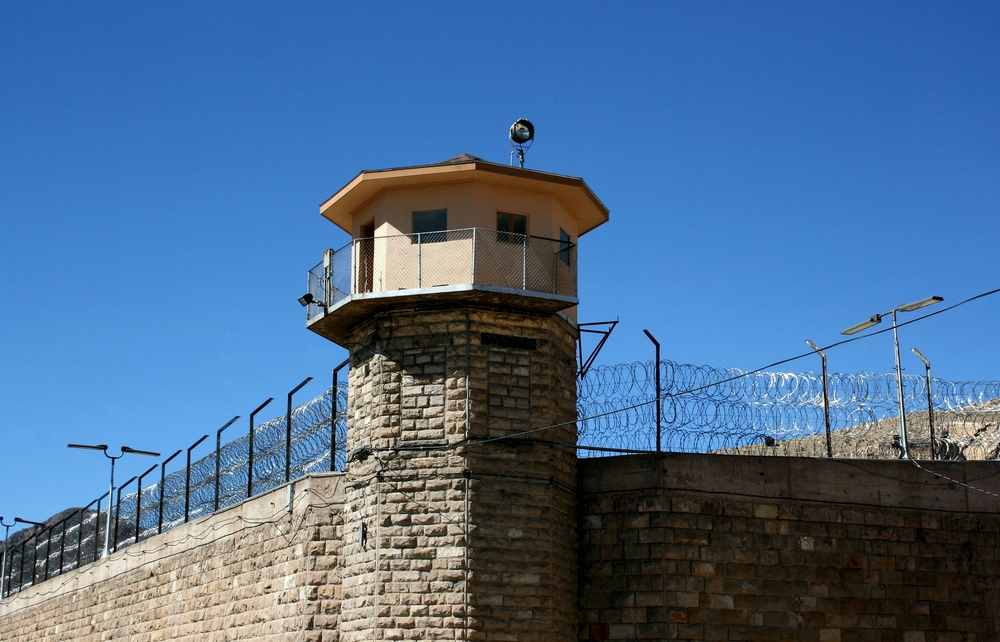In Kansas, a bench warrant is a type of arrest warrant issued by a judge from the bench, hence the term “bench” warrant. Unlike traditional arrest warrants issued based on probable cause of a crime, a bench warrant is typically issued for failure to comply with a court order or to appear in court.
Here are some common reasons why a judge might issue a bench warrant in Kansas…
- Failure to Appear – If a defendant fails to appear in court for a scheduled hearing, trial, or other legal proceeding, the judge may issue a bench warrant for their arrest.
- Failure to Comply with Court Orders – If a defendant fails to comply with a court order, such as paying fines or fees, completing community service, attending classes or counseling, or other requirements, the judge may issue a bench warrant.
- Violation of Probation or Pretrial Release Conditions – If a defendant is on probation or pretrial release and violates the conditions of their release, such as by committing a new offense or failing to comply with specific requirements, the judge may issue a bench warrant.
- Contempt of Court – A judge may issue a bench warrant for contempt of court if a person’s behavior in court disrupts proceedings or shows disrespect for the court’s authority.
Once issued, a bench warrant authorizes law enforcement officers to arrest the individual named in the warrant and bring them before the court to address the underlying issue. Depending on the circumstances, individuals who are arrested on a bench warrant may be held in custody until they can appear before a judge to address the warrant.
Take a bench warrant seriously and address the underlying issue promptly to avoid potential consequences such as arrest, additional legal penalties, or adverse impacts on your case. If you have questions or concerns about a bench warrant issued in Kansas, consider consulting with a qualified attorney for guidance tailored to your specific situation.






